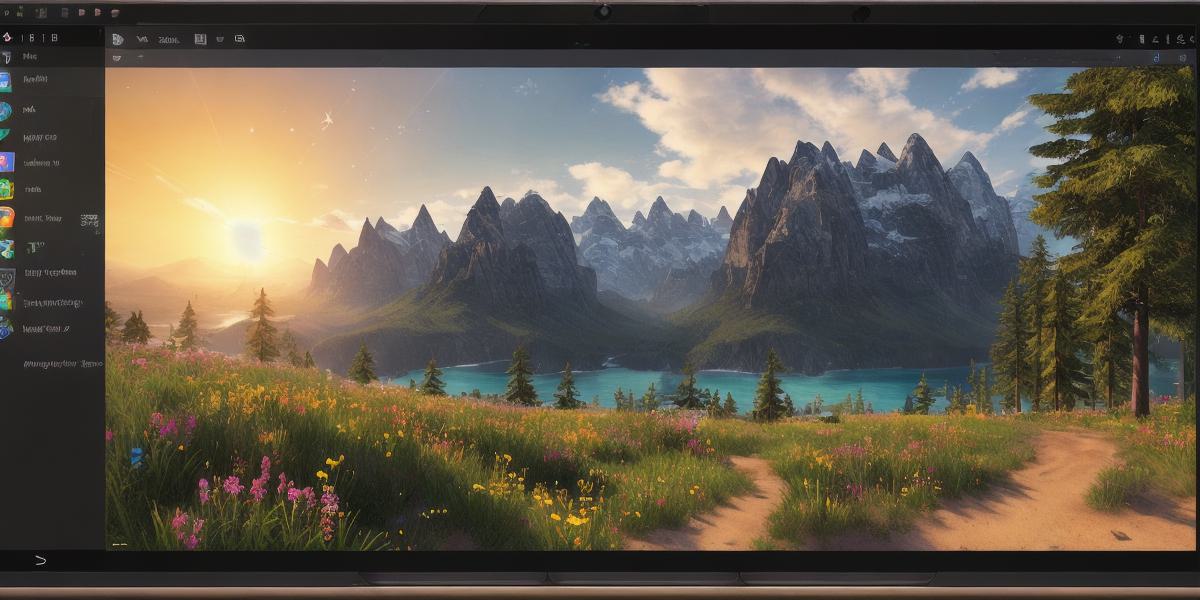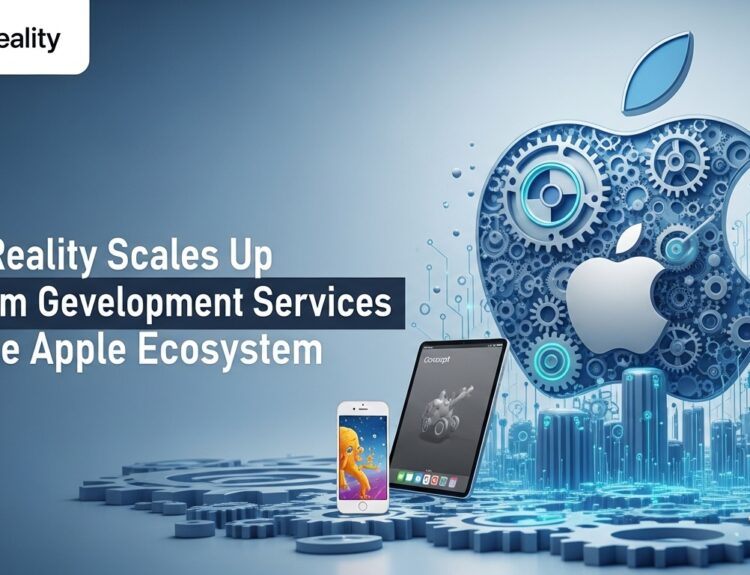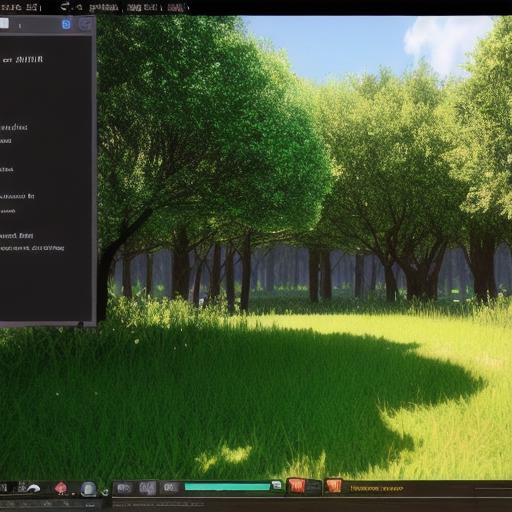In recent years, Android game development has become a popular and lucrative field, with millions of people around the world downloading games on their smartphones every day. If you’re considering entering this exciting industry, you might be wondering what tools are available to help you create engaging and high-quality games for the Android platform. In this comprehensive guide, we will explore the best tools for Android game development, covering everything from integrated development environments (IDEs) and game engines to analytics and monetization strategies.
Before diving into the specific tools, let’s first discuss the basic requirements for Android game development. To create an Android game, you will need:
- A computer with sufficient processing power and memory
- A programming language such as Java or Kotlin
- The Android Software Development Kit (SDK)
- A game engine (optional)
Now that we have covered the basics, let’s take a look at some of the best tools for Android game development.
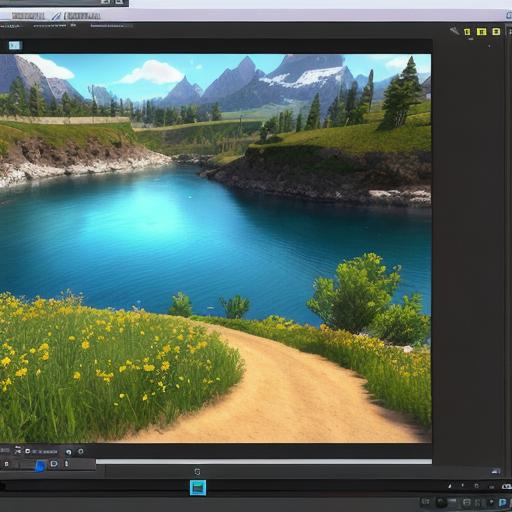
- Android Studio
Android Studio is the official IDE for Android app and game development, developed by Google. It provides a user-friendly interface for creating and debugging Android apps and games, with features such as code completion, error checking, and debugging tools. Android Studio also supports multiple programming languages, including Java and Kotlin, making it accessible to developers of all backgrounds.
One of the key advantages of using Android Studio is its seamless integration with other Google services such as Firebase, which provides a range of tools for analytics, monetization, and real-time database management. This makes it easy for developers to track user behavior, manage in-app purchases, and store game data in the cloud.
- Unity3D
Unity3D is one of the most popular game engines used for Android game development, with over 50% of all mobile games built using this platform. It provides a powerful and flexible toolset for creating 2D and 3D games with high-quality graphics and smooth animations. Unity3D also supports cross-platform development, allowing developers to create games that can run on multiple devices and platforms, including Android, iOS, and PC.
Unity3D has a large and active community of developers who contribute to the platform through plugins, tools, and tutorials. This makes it easy for newcomers to get started with game development and for experienced developers to expand their skillset.
- Unreal Engine
Unreal Engine is another popular game engine used for Android game development, known for its high-performance graphics and realism. It provides a range of features such as physics simulation, animation tools, and support for virtual reality (VR) and augmented reality (AR) development. Unreal Engine also supports cross-platform development, making it easy for developers to create games that can run on multiple devices and platforms.
Unreal Engine has a strong focus on performance optimization, with features such as dynamic lighting, real-time rendering, and support for mobile GPUs ensuring that games built with this platform run smoothly even on low-end devices.
- Corona SDK
Corona SDK is a Lua-based game development framework that provides an easy-to-use interface for creating 2D games for Android, iOS, and Windows platforms. It has a small code size, making it ideal for mobile game development, and supports both Lua and C++ programming languages. Corona SDK also includes a range of built-in features such as physics simulation, animation tools, and support for multiple resolutions and screen sizes.
Corona SDK is particularly popular among indie developers, who appreciate its simplicity and ease of use. It also has a strong community of developers who contribute to the platform through plugins, tools, and tutorials.
- Unreal Editor
Unreal Editor is a game development toolset that provides a range of features for creating 3D games, including modeling, animation, and scripting. It supports both Windows and macOS platforms and can be used for Android game development as well as other platforms such as iOS and PC. Unreal Editor also includes support for virtual reality (VR) and augmented reality (AR) development, making it a versatile tool for game developers.
Unreal Editor has a strong focus on performance optimization, with features such as real-time rendering, dynamic lighting, and support for mobile GPUs ensuring that games built with this platform run smoothly even on low-end devices.
- Eclipse
Eclipse is an open-source integrated development environment (IDE) that can be used for Android game development. It supports both Java and C++ programming languages and includes a range of features such as code completion, error checking, and debugging tools. Eclipse also has support for the Android SDK, making it easy to develop and debug Android apps and games.
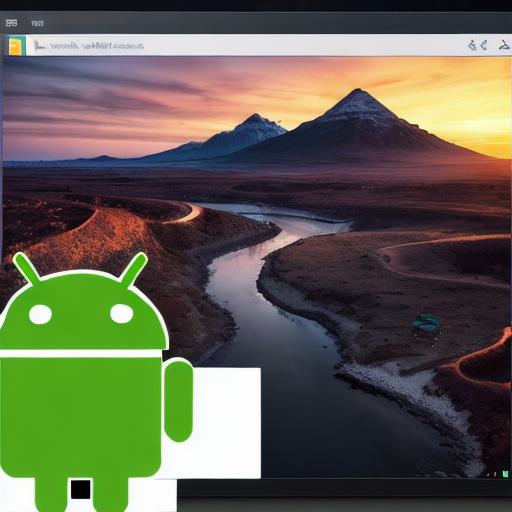
Eclipse is particularly popular among experienced developers who appreciate its flexibility and customization options. It also has a large and active community of developers who contribute to the platform through plugins, tools, and tutorials.
- Xcode
Xcode is an integrated development environment (IDE) developed by Apple that can be used for Android game development, as well as iOS app development. It supports both Swift and Objective-C programming languages and includes a range of features such as code completion, error checking, and debugging tools. Xcode also has support for the Android SDK, making it easy to develop and debug Android apps and games on macOS platforms.
Xcode is particularly popular among experienced developers who appreciate its seamless integration with other Apple services such as iTunes and the App Store. It also has a strong focus on performance optimization, with features such as dynamic lighting and support for mobile GPUs ensuring that games built with this platform run smoothly even on low-end devices.
- Android Debug Bridge (ADB)
ADB is a command-line tool that allows developers to interact with their Android devices from a computer. It can be used for a range of tasks such as installing apps, debugging code, and managing device settings. ADB is particularly useful for mobile game development, as it allows developers to test and debug games on real devices rather than emulators.
ADB is available for both Windows and macOS platforms and can be installed as part of the Android SDK. It also has a strong community of developers who contribute to the platform through plugins, tools, and tutorials.
- Firebase
Firebase is a mobile development platform that provides a range of tools and services for app and game development. It includes features such as analytics, monetization, authentication, and real-time database management. Firebase also supports cross-platform development, making it easy for developers to create apps and games that can run on multiple devices and platforms.
Firebase is particularly popular among mobile game developers, as it provides a range of tools and services specifically designed for this industry. It also has a strong focus on scalability and performance optimization, with features such as serverless functions and real-time database management ensuring that apps and games built with Firebase run smoothly even on low-end devices.
- Google Play Console
The Google Play Console is an online platform that allows developers to manage and publish their Android apps and games on the Google Play Store. It provides a range of features such as analytics, monetization, and device management. The Google Play Console also has a strong focus on security and compliance, with features such as malware scanning and content policy enforcement ensuring that apps and games meet Google’s quality standards.
The Google Play Console is particularly useful for mobile game developers, as it provides a range of tools and services specifically designed for this industry. It also has a strong focus on user engagement and retention, with features such as in-app purchases and promotions ensuring that apps and games remain popular among users.
Conclusion
In conclusion, there are many tools and platforms available for mobile game development, each with its own unique features and benefits. When choosing a tool or platform for your next project, it’s important to consider factors such as ease of use, performance optimization, scalability, and cross-platform compatibility. By understanding the strengths and weaknesses of each platform, you can choose the right tool for your needs and create a successful mobile game that engages and retains users.
